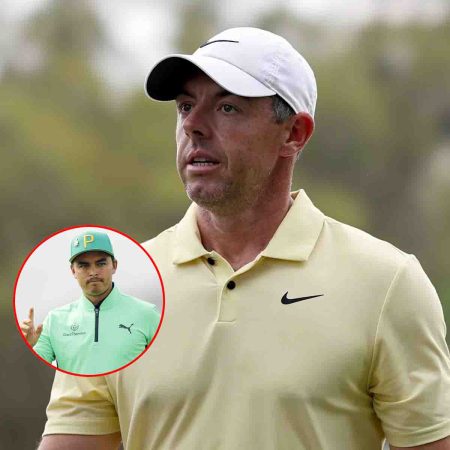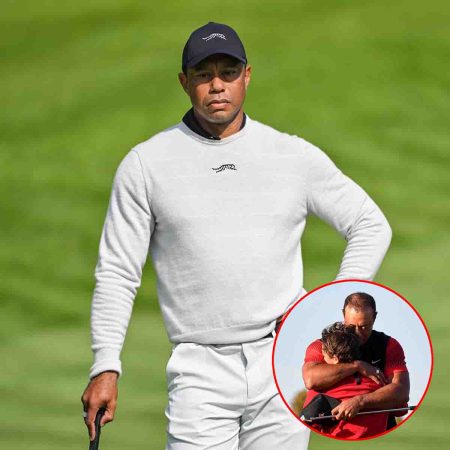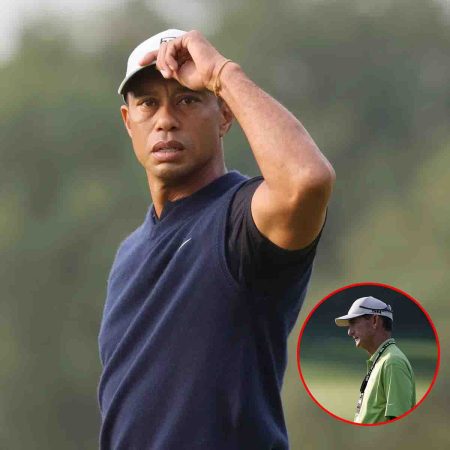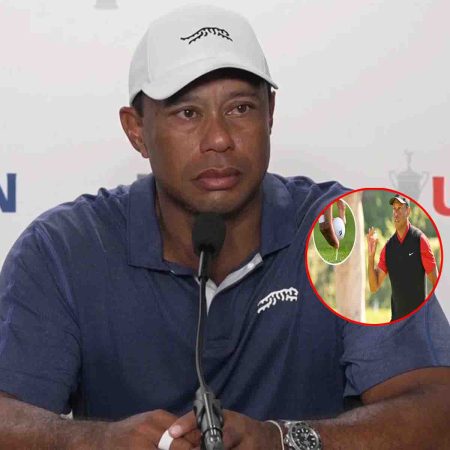The NBA has always been a stage for extraordinary talent, and Jimmy Butler is no exception. What sets him apart, however, is his incredible story of perseverance and triumph over adversity.
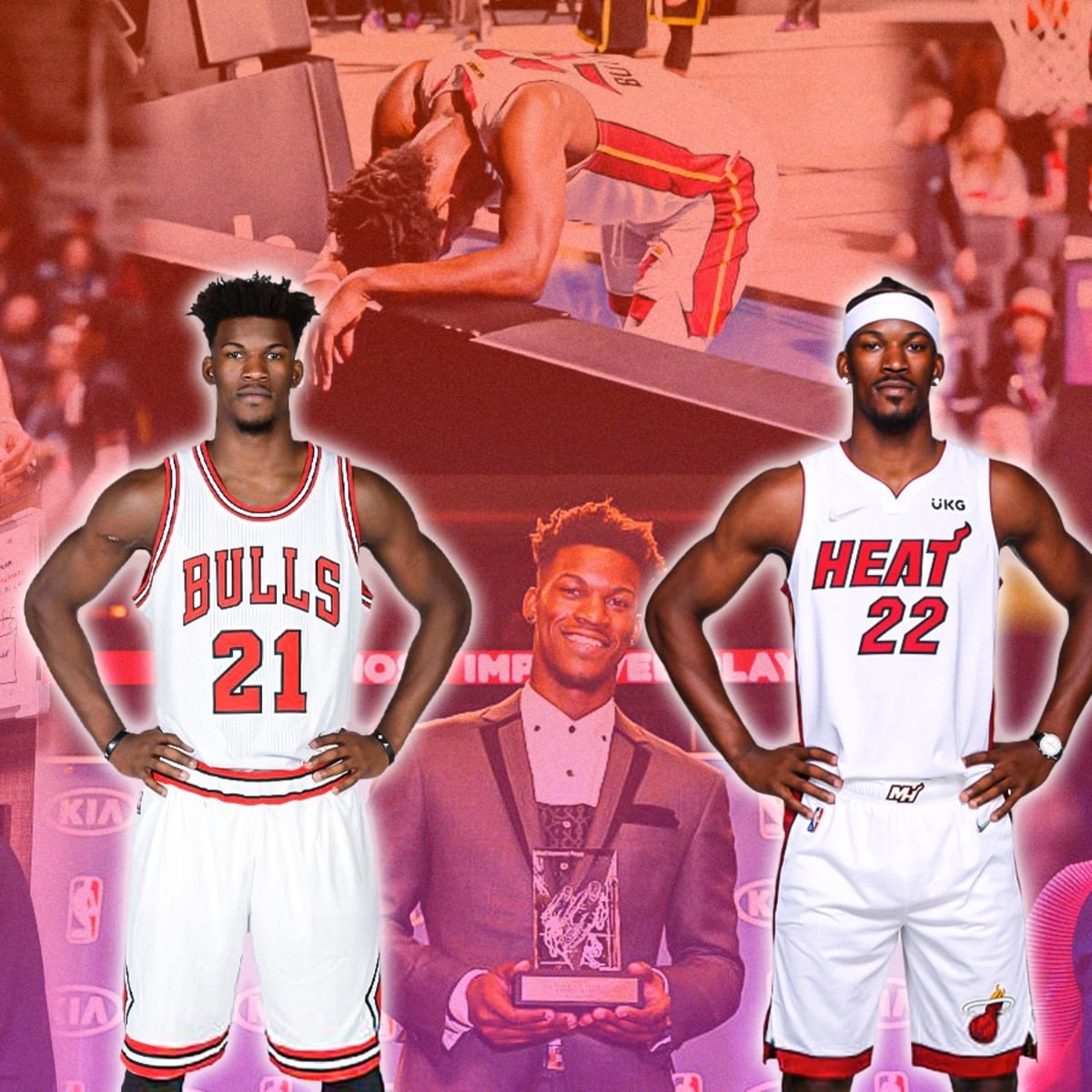
Born to a single mother in Houston, Texas, Jimmy’s childhood was far from easy. He was homeless for much of his adolescence, bouncing around from one friend’s home to another, struggling to find a sense of belonging. But through hard work, determination, and a love for basketball, he found his way to the NBA.
Today, he is one of the league’s premier players, known for his tenacity, leadership, and clutch performances, especially in the playoffs. In this article, we will delve into the inspiring story of Jimmy Butler’s rise to stardom and explore the lessons we can learn from his journey.
Jimmy Butler’s Early Life
Jimmy Butler’s childhood and early life were marked by the absence of his father. He grew up in the small town of Tomball, which is just outside of Houston, Texas. Butler’s father abandoned the family when he was just an infant, leaving his mother to raise him on her own.
Things wouldn’t be easy for Butler as he grew up, especially when he was 13 years old. At that time, his mother, whose name is Londa Butler, told him, “I don’t like the look of you. You gotta go.”
This led to Butler jumping from friend’s house to friend’s house as he tried to stay off the streets. Then, he eventually stayed at his friend and former NFL player, Jordan Leslie’s house.
Leslie’s mother is a woman named Michelle Lambert, and she allowed Butler to stay with the family, essentially adopting him and making him a part of the family. This family connection was exactly what Butler needed at that time in his life, and now he could focus solely on basketball.
Butler attended Tomball High School, and here he would excel at the game of basketball. As a senior, Butler averaged 19.9 points and 8.7 rebounds per game. His team voted him as their most valuable player.
Despite finding success on a basketball court in high school, he wasn’t heavily recruited at all by colleges. This led to Butler choosing to attend Tyler Junior College.
At his junior college, Butler’s game continued to improve. He put up averages of 18.1 points, 7.7 rebounds, and 3.1 assists per game during his freshman year.
Butler’s play caught the eye of a few Division I schools and eventually saw him ranked as the No. 127 junior college prospect in 2008. Assistant coach Buzz Williams of Marquette University eventually met with Butler and pitched him the idea of playing for their school, but he did it in a not-so-friendly way…
“He told me that I f*cking sucked,” Butler said of Williams’ pitch. “That I was just flashy. That all I do is worry about myself and that he would show my ass if I was playing for him.”
This talk by Williams initially intimidated Butler, but when he was offered a scholarship, he accepted. The fact Williams would be stern and honest with Butler helped him graciously.
Butler never had a father figure in his life up to that point, and Williams’s tough attitude with Butler would help shape him into the player we know him as today. But it wasn’t easy at first.
A little after the fall semester started, Butler called Michelle Lambert, begging her to come home, stating that he made a mistake. Luckily for Butler, Lambert knew how to handle the situation, and she essentially told Butler to “suck it up” and tough it out, which Butler did.
As a freshman, Butler averaged 5.6 points and 3.9 rebounds per game. These are not “jump off the page” numbers by any means, but Butler made it; he played a full season of Division I basketball.
In his junior year, Butler earned All-Big East Honorable Mention honors after averaging 14.7 points and 6.4 rebounds per game. He led Marquette to an NCAA tournament appearance.
As a senior, Butler averaged 15.7 points and 6.1 rebounds per game while earning All-Big East Honorable Mention honors once again. Marquette would reach the 2010 NCAA tournament as the 6th seed and were the favorites to defeat the 11th seed University of Washington Huskies.
What happened at the end of the game against Washington would shape him into the fierce defender we all know him as today in the NBA. Quincy Pondexter of Washington scored a game-winning shot with 1.7 seconds left to defeat Marquette 80-78.
Butler was upset with how poor he felt his defense was on that play. He’s spoken about it in the past:
“I taped the picture of that play to my door so that every day when I woke up, I could see Pondexter sending my ass home, scoring on my ass like I was nothing,” Butler explained. “I told [Marquette coach Buzz Williams] from that day forward, I was going to be a great defender.”
Butler’s success at Marquette earned him a spot in the first round of the 2011 NBA Draft, where he was selected 30th overall by the Chicago Bulls. His college career had prepared him well for the challenges of the NBA, and he would quickly establish himself as a talented and hardworking player in the league.
Jimmy Butler Becomes A Hard Nosed NBA Player
After the Bulls drafted Butler in 2011, no one believed Butler would turn into anything other than a role player. This looked to be true after his first season.
Butler’s rookie season was a learning experience for him as he struggled to find his place on the team. He played in 42 games that season and averaged 2.6 points while playing just 8.5 minutes per game.
Despite his limited playing time, Butler showed glimpses of his potential and displayed his strong work ethic and determination on and off the court. He spent most of his time learning from his more experienced teammates and the coaches, and he worked tirelessly to improve his game.
Butler’s dedication and hard work paid off in his second season with the Bulls. He became a key player on the team, starting in 20 games and averaging 8.6 points per game.
Butler’s strong play earned him a reputation as a talented young player with a bright future. The following seasons saw Butler continue to grow and develop as a player, and he eventually became one of the league’s most dominant two-way players.
Butler’s breakout season came in the 2014-15 NBA campaign. He averaged a then career-high 20.0 points per game, was named the NBA’s Most Improved Player, and was selected for his first NBA All-Star Game.
Butler had established himself as a top-tier player in the league, and his work ethic and dedication to the game had paid off. With Derrick Rose being sidelined with an injury, Butler was thrust into the spotlight, and he seized the opportunity to prove himself.
Butler became the go-to scorer for the Bulls, eventually averaging 23.9 points per game, and was consistently delivering on both ends of the floor. Butler’s skill set was impressive. He had a deadly mid-range game, was a solid 3-point shooter, and was also an elite defender.
His hard-nosed approach to the game and his work ethic earned him respect from his teammates and the entire league. In the 2015-16 season, Butler achieved what many believed would be impossible for any player on the Chicago Bulls… He broke one of Michael Jordan’s team records.
The record for most points scored in a half by a Bulls player was 39 points scored by Jordan in the 1988-89 season against the Milwaukee Bucks. In a game against the Toronto Raptors, after only recording 2 points in the first half, Butler went off in the second half, scoring 40 points on 14-19 shooting and 10-11 from the free throw line.
Butler enjoyed a six-year career with the Bulls, helping the franchise reach the playoffs five times. During this time, Butler also won a gold medal as a member of the 2016 U.S. Olympic Men’s Basketball Team.
On June 22, 2017, Butler was traded to the Minnesota Timberwolves, where he played a little over one season before being traded again, this time on November 12, 2018, to the Philadelphia 76ers. Butler would play just 55 games with the 76ers before joining the Miami Heat in a sign-and-trade involving four teams.
As a member of the Heat, Butler has become arguably the best two-way player in the league. Butler’s leadership and work ethic have inspired his teammates and set the tone for the entire organization.
Butler is not only a vocal leader but also leads by example. He is often the first one in the gym and the last one to leave, putting in countless hours of practice and training to improve his game.
In his first season with Miami, Butler led the Heat to the NBA Finals in a showdown with LeBron James and the Los Angeles Lakers. Butler’s performance in the 2020 NBA Finals was nothing short of inspiring.
Butler not only led his team in scoring, assists, rebounds, steals, and tied for blocks, but he also motivated them to play with the same grit and hustle that he embodies. In Game 3 of the Finals, Butler put up a historic triple-double with 40 points, 13 assists, and 11 rebounds, leading the Heat to a crucial victory over the Lakers.
But it wasn’t just his stats that impressed his teammates; it was the way he carried himself on the court. He showed a level of competitiveness and determination that inspired his teammates to give their all on every possession.
Butler’s performance in the Finals was a testament to his character and his ability to lead by example. He didn’t just talk the talk; he walked the walk and showed his teammates what it takes to win at the highest level.
And his team responded in kind, playing with the same intensity and passion that he brought to the court every night. In the end, Butler’s leadership and performance helped the Miami Heat reach the NBA Finals for the first time since 2014. And although they came up short in their quest for a championship, losing 2-4, Butler and his teammates proved that they are a team to be reckoned with and that they have what it takes to compete at the highest level.
The first round of the 2023 Playoff Series between the Miami Heat and the Milwaukee Bucks became of the biggest upsets in NBA history, and it was all led by Jimmy Butler. The Bucks came into the series as the favorites, as they were the number one seed and were led by former 2x MVP Giannis Antetokounmpo.
On the other hand, the Heat were the eighth seed, making the playoffs after finding victory in the play-in tournament. Miami shocked the world by defeating Milwaukee 4-1, and the series’ best game was Game 4. Butler showed his heart and skills in Game 4 by scoring his career-high in any game with 56 points on 19-28 shooting.
Butler’s 56 points are tied for the fourth highest-scoring game in the playoffs by any player in NBA history.
Butler is now leading his team in the second round of the playoffs against the New York Knicks, and we’ll have to see if he can keep his magical run alive.
As you have read, Butler is all about hard work and overcoming any obstacle that comes his way. So, it’s safe to say as long as Jimmy Butler is on the Heat, Miami has a chance to win any series they play in.
Oh, and the best part of Butler’s story is the fact he has reconciled with his parents. Butler truly is a special type of player and person.



